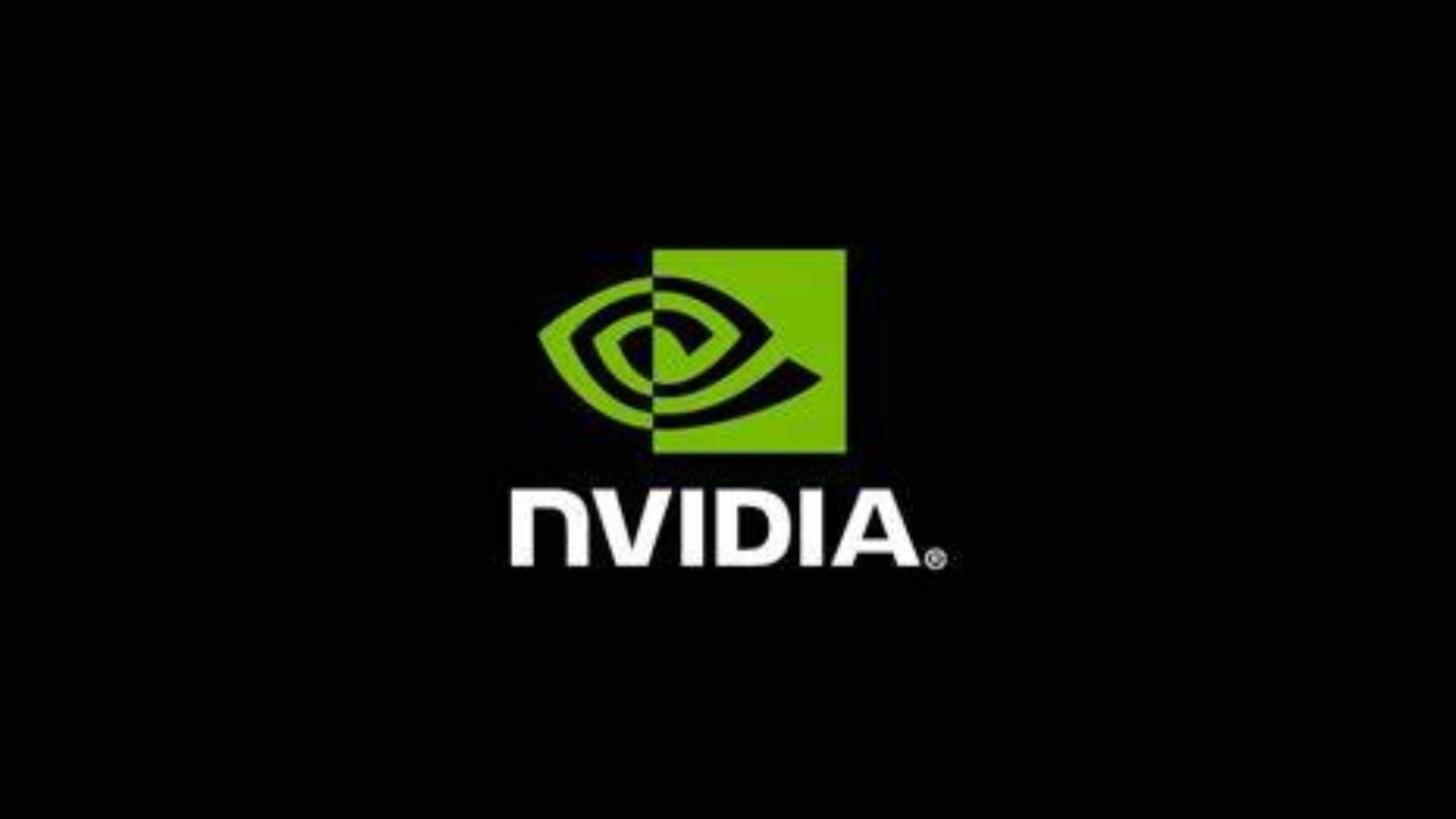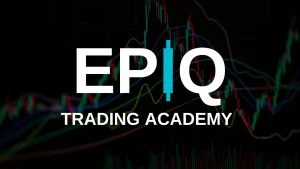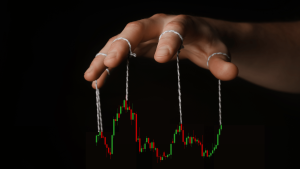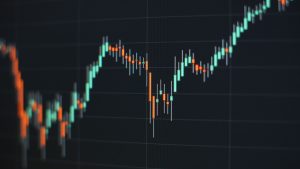The artificial intelligence (AI) sector has become one of the most talked-about areas in tech, with explosive growth, major innovations, and significant market movements. Nvidia, often considered the backbone of the AI sector due to its advanced GPUs, continues to solidify its position as a leader in the industry. However, as AI stocks soar, concerns about the formation of a bubble are growing among traders and investors. In this blog, we’ll explore the state of the AI market, Nvidia’s role in it, and how traders can approach the potential risks and rewards.
1. The AI Sector’s Rapid Growth: Opportunity or Bubble?
AI is transforming industries ranging from healthcare to finance, and tech giants are racing to integrate AI capabilities into their products. Companies like OpenAI, Microsoft, and Nvidia have seen their stock prices surge as investors pour into AI-related assets. While this growth is exciting, some experts are warning that the AI market may be overheating, reminiscent of the dot-com bubble in the late 1990s. Overvaluation, speculation, and irrational exuberance are potential red flags.
However, unlike the dot-com era, AI technologies are already being widely adopted across various sectors, generating real-world value. The question is: how sustainable is this growth? Traders should be mindful of market euphoria and evaluate the underlying fundamentals of companies in the AI space.
2. Nvidia: The One-Stop Shop for AI Power
Nvidia is at the forefront of the AI revolution, providing the computing power that drives machine learning, data analysis, and autonomous systems. Its GPUs are essential for the development and deployment of AI technologies, and its dominance in the hardware space is unmatched. Nvidia’s success has not gone unnoticed, with its stock rising sharply in response to the growing demand for AI solutions.
The company’s ambition to be a one-stop shop for AI, providing everything from hardware to software, is positioning Nvidia as a crucial player in the tech world. For traders, Nvidia presents an attractive opportunity, but it’s important to assess whether the company can continue its meteoric rise, or if it too may be impacted by the growing bubble concerns.
3. The Macro Impact of AI on Markets
The broader market effects of AI go beyond just individual stocks. AI has the potential to reshape entire industries, including automation, supply chains, and even financial markets. As AI becomes more integrated into daily business operations, the way companies are valued could change, leading to shifts in the traditional market dynamics.
For traders, it’s essential to understand the macro trends that AI is influencing. While Nvidia and other AI leaders are riding a wave of success, the market as a whole may see increased volatility as investors react to AI breakthroughs and potential market corrections. Monitoring these trends will be key to making informed trading decisions.
How to Navigate the AI Market with Confidence
The AI market presents both high-reward opportunities and significant risks. With concerns about a potential bubble, it’s important for traders to approach this space with caution. Keeping up with market news, understanding the fundamentals of AI companies, and recognizing the larger macroeconomic trends will help you stay ahead.
At EPIQ Trading Floor, we provide traders with real-time market signals, expert analysis, and a supportive community to help you navigate the complexities of the AI sector and other fast-moving markets. Whether you’re bullish on AI or preparing for a potential bubble burst, EPIQ offers the tools you need to trade with confidence.
Join EPIQ Trading Floor Today!
Ready to take control of your trading journey? Sign up for a 3-day free trial at EPIQ Trading Floor and get access to real-time buy and sell signals, market insights, and a community of experienced traders. Whether you’re trading AI stocks, crypto, or other assets, EPIQ gives you the edge you need.
Disclaimer
The information provided in this blog is for educational purposes only and does not constitute financial advice. Please do your own research before making any investment decisions.










Responses